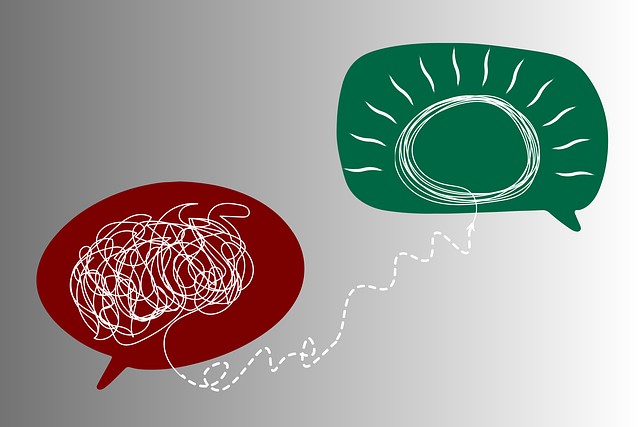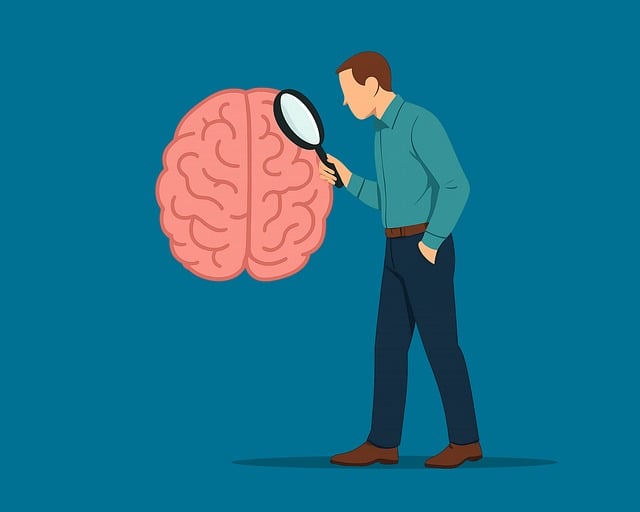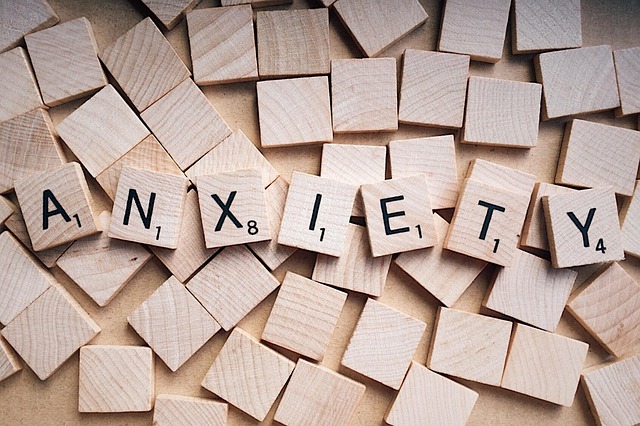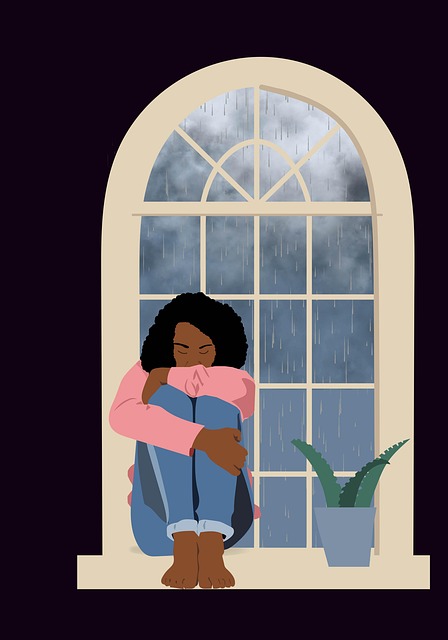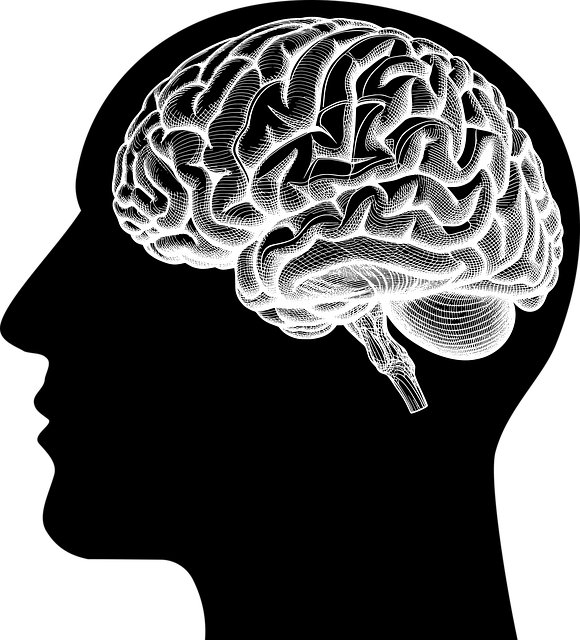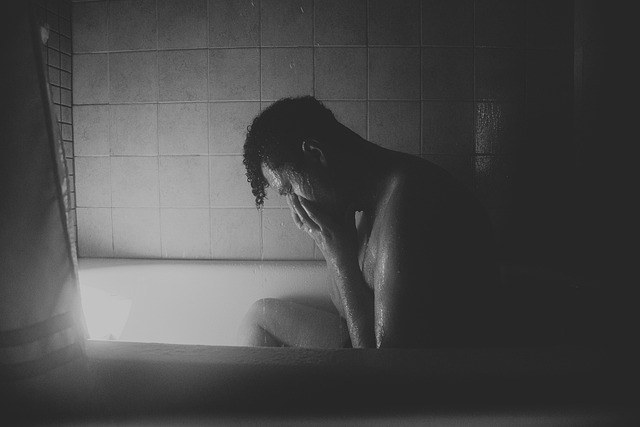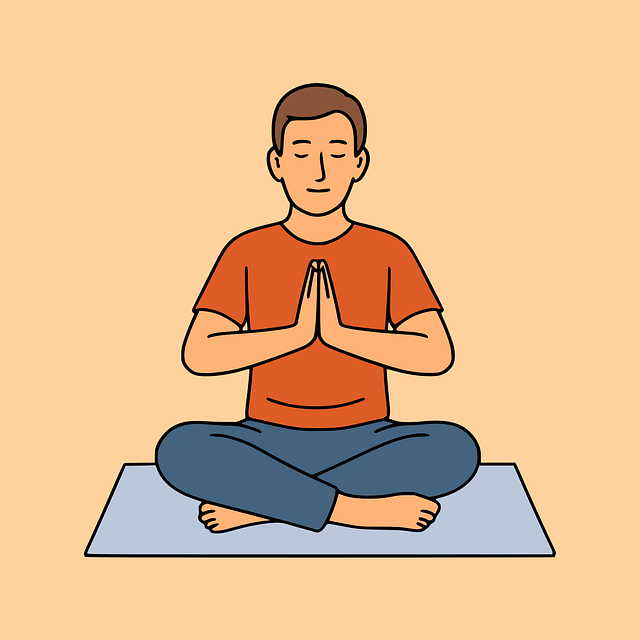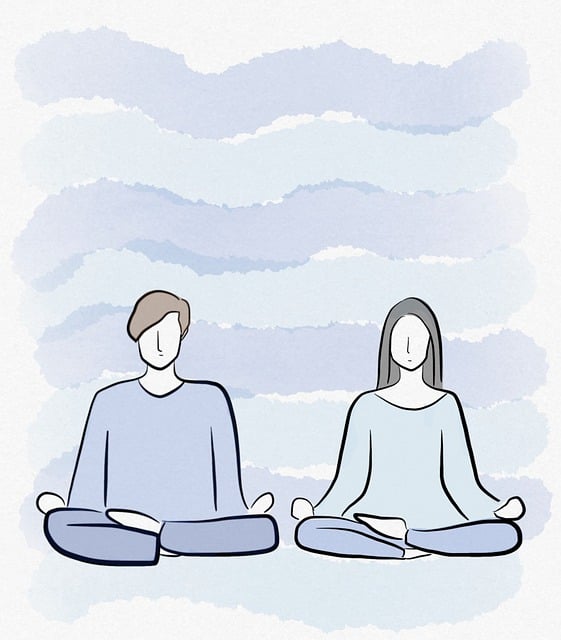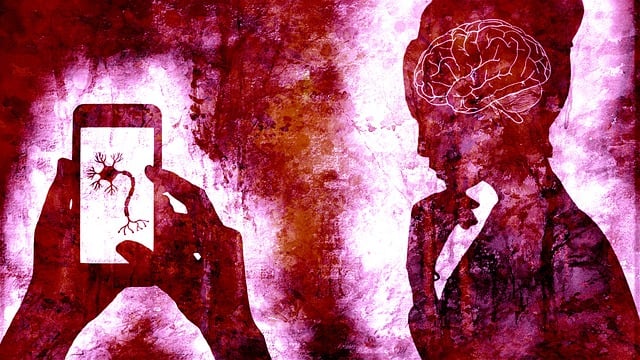Self-care through Boulder Spiritual-Religious Issues Therapy is a holistic approach integrating spiritual dimensions into mental health treatment, addressing unique challenges faced by individuals in this dynamic city. By combining mindfulness practices, journaling, and cultural sensitivity, residents cultivate inner strength, navigate stress, and promote overall well-being, especially amidst the fast-paced lifestyle and stunning natural environment of Boulder.
In today’s fast-paced world, self-care is more important than ever. This comprehensive guide delves into the foundational practices that underpin well-being, exploring spiritual and religious connections that offer unique insights into nurturing ourselves. We navigate Boulder’s specific challenges, highlighting effective strategies for overcoming local obstacles. Additionally, we discuss the transformative power of therapy in integrating sustainable self-care routines, addressing both spiritual-religious issues and broader mental health concerns.
- Understanding Self-Care: The Foundation of Well-Being
- Exploring Spiritual and Religious Connections to Self-Care
- Overcoming Boulder's Unique Challenges in Self-Care Practices
- Integrating Therapy for Lasting Self-Care Transformation
Understanding Self-Care: The Foundation of Well-Being

Self-care isn’t merely a trend; it’s a fundamental practice for cultivating well-being and fostering resilience in today’s fast-paced world. At its core, understanding self-care involves recognizing the importance of attending to one’s physical, mental, and spiritual needs. In Boulder, where vibrant spiritual and religious communities thrive, individuals have access to diverse resources, including therapy services tailored to enhance self-awareness exercises and promote emotional regulation skills.
By integrating practices that support inner strength development, residents can navigate life’s challenges more effectively. Whether it’s through mindfulness meditation, journaling, or engaging in creative pursuits, these self-care rituals allow for reflection, processing of emotions, and the cultivation of a deeper connection with oneself. Such practices are essential for maintaining balance, preventing burnout, and fostering overall mental health.
Exploring Spiritual and Religious Connections to Self-Care

Exploring one’s spiritual or religious connections can be a powerful aspect of self-care and well-being. For many individuals, faith and spiritual practices offer a sense of purpose, community, and inner peace that significantly contributes to mental wellness. Incorporating prayer, meditation, or rituals into daily routines can provide a structured outlet for reflection and personal growth, fostering resilience in the face of life’s challenges.
In Boulder, where Spiritual-Religious Issues Therapy is increasingly recognized as a valuable approach, these practices can help reduce the stigma associated with mental illness. By integrating spiritual dimensions into therapeutic processes, individuals may find deeper meanings and cope more effectively with stress, anxiety, or depression. This holistic perspective acknowledges that mental health is intricately linked to our sense of connection—to ourselves, to others, and sometimes, to a higher power or universal force.
Overcoming Boulder's Unique Challenges in Self-Care Practices

Boulder’s unique cultural and geographical setting presents specific challenges when it comes to self-care practices, especially for individuals grappling with spiritual-religious issues. The region’s vibrant yet fast-paced environment can contribute to stress and burnout, particularly for those in the healthcare sector. Many residents lead busy lives, balancing demanding careers with outdoor pursuits and a thriving arts scene. This balance is crucial, as Burnout Prevention Strategies for Healthcare Providers highlight the importance of self-care in preventing professional exhaustion.
Overcoming these challenges requires a holistic approach, incorporating mindfulness techniques like Mindfulness Meditation, which has been shown to reduce stress and enhance mental clarity. Additionally, fostering cultural sensitivity in mental healthcare practice is essential. Understanding and respecting diverse spiritual beliefs can create safer spaces for individuals to explore and address their psychological well-being, ensuring that self-care remains inclusive and tailored to personal needs, even amidst Boulder’s dynamic landscape.
Integrating Therapy for Lasting Self-Care Transformation

In today’s fast-paced world, self-care is not just a trend but an essential practice for maintaining mental wellness. Among various strategies, therapy stands out as a powerful tool for lasting transformation. Integrating Boulder Spiritual-Religious Issues Therapy into one’s routine can be a game-changer, addressing deeper emotional and spiritual aspects often overlooked in conventional self-care methods. This therapeutic approach helps individuals develop effective coping mechanisms, enhance emotional regulation, and even prevent issues like depression.
Through guidance from experienced therapists, individuals learn valuable journaling exercises that promote mental wellness by providing a safe space for self-reflection and expression. By integrating these practices into daily routines, folks can foster a deeper connection with themselves and their values, leading to profound personal growth and improved overall well-being.
Incorporating self-care practices is a transformative journey, especially in a city like Boulder where unique challenges can impact well-being. By understanding the foundational importance of self-care and exploring connections to spiritual and religious beliefs, individuals can unlock lasting transformation. Overcoming geographical and cultural barriers, and integrating therapeutic approaches, empowers folks to create meaningful change. Whether navigating Boulder’s fast-paced environment or delving into personal growth, embracing these practices is a powerful step towards enhancing mental, emotional, and spiritual health.
